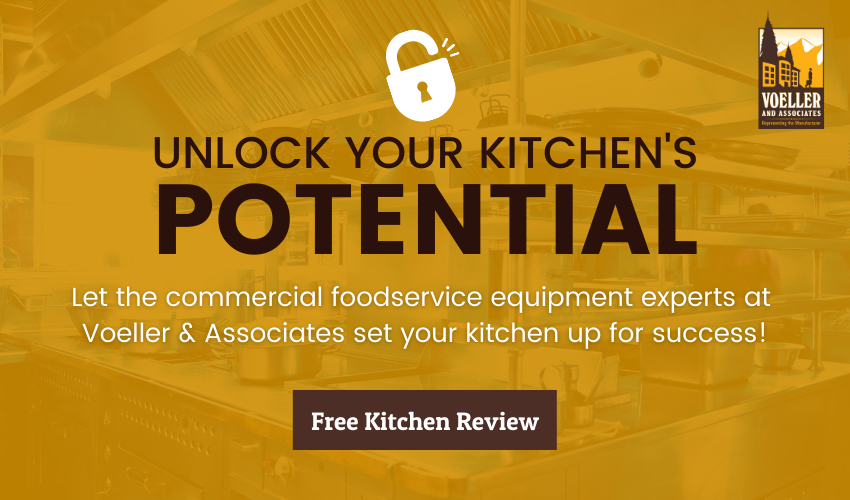Many foodservice operators make a common mistake: they hold onto outdated kitchen equipment, thinking it's a smart way to save money. But in reality, this can drain profits faster than they realize.
When businesses avoid upgrading their equipment, they often accumulate hidden costs. The consequences can be significant, from constant repairs to skyrocketing energy bills. Understanding why and when to upgrade, then, is crucial to maintaining a healthy bottom line.
The True Cost of Maintaining Old Equipment
Many foodservice operators think squeezing every last bit of life out of their old equipment is the most cost-effective way to operate. However, sticking with outdated commercial kitchen equipment and supplies can actually cost more in the long run.
For starters, older models can consume greater amounts of utilities like water or power, leading to higher utility bills each month. This not only impacts the budget but can also frustrate environmentally conscious customers, which impacts an operation' marketability.
Frequent repairs are another heavy burden. Every time equipment breaks down, it's not just about the cost of fixing it. It's also about the time lost. When staff troubleshoot instead of performing their normal functions, customer satisfaction is impacted. Plus, if cooking temperatures fluctuate, food waste can be a result. Not only does that hurt profits, but it can tarnish a restaurant's reputation.
The Cost of Inaction and Its Impact on a Foodservice Business
Delaying upgrades can lead to severe setbacks. One of the most immediate issues is lost revenue. When equipment is down, customers can't be served, which hits right at the bottom line, especially during busy hours.
In addition, the long-term costs can add up quickly. The money spent on endless repairs and higher energy consumption often surpasses the cost of new, efficient equipment. And let's not forget about food quality. Inconsistent cooking can lead to dishes that don't meet customers' expectations, harming a restaurant's reputation and driving away loyal patrons.

The Benefits of Upgrading Commercial Kitchen Equipment
Investing in modern kitchen equipment brings many benefits that far outweigh the costs. For starters, energy efficiency in commercial kitchen equipment is a game changer. Newer models generally use less power, and there are many opportunities to purchase ENERGY STAR® rated appliances. All of this translates into lower utility bills over time. Plus, they perform better, cooking food more evenly and reliably. That means not just serving good food but serving great food consistently.
Another perk? Reduced maintenance costs. With newer equipment, breakdowns become less frequent, allowing staff to focus on what they do best: creating delicious meals and providing stellar service. Many modern appliances have automation features that streamline operations, making life easier.
Of course, there's the labor savings. Older equipment often requires more eyes and hands to keep the food cooking. With improvements in automation in commercial equipment, staff is more available to focus on other areas, such as customer service or clean up, which saves time and labor dollars.
Recognizing the Tipping Point and Knowing When to Upgrade
Knowing when to upgrade can sometimes be tricky, but there are some telltale signs. If operational costs, like maintenance and energy bills, are rising, then it might be time to consider new equipment.
Frequent breakdowns are a clear signal. When repairs become routine, it often makes more sense to replace the equipment entirely. If a current setup can't keep up with customer demand, it's likely holding business back. Lastly, if the restaurant is missing out on the latest features that could boost efficiency, it's definitely time to reassess its options.
Upgrading kitchen equipment isn't just a smart choice; it's a crucial step for any foodservice business aiming to thrive. By recognizing the hidden costs of sticking with outdated gear, operators can make informed decisions that improve efficiency, enhance food quality, and ultimately boost the bottom line. For those dedicated to providing exceptional service, investing in modern commercial kitchen equipment is vital to lasting success.

